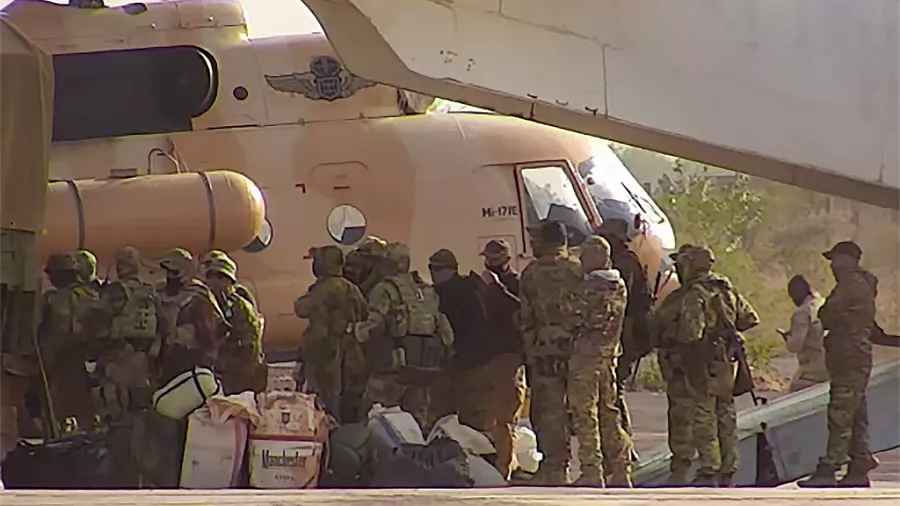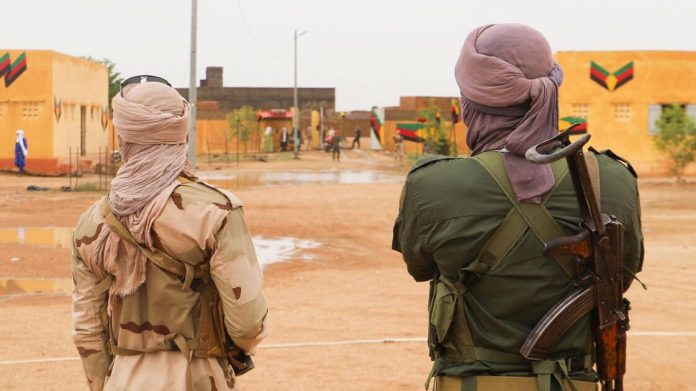Facebook Twitter (X) Instagram Somali Magazine - People's Magazine
In a significant escalation of violence, dozens of Russian mercenaries were killed in a Mali rebel ambush in central Mali. The incident marks one of the worst losses for the mercenaries, reportedly part of the Wagner Group, a Russian private military company operating in the region. The ambush took place as the mercenaries were conducting operations near the village of Diabaly in the Ségou Region, an area known for its volatile security situation.
The Mali Rebel Ambush
The attack was carried out by militants from a local insurgent group linked to al-Qaeda, who have been increasingly active in central Mali. The rebels used improvised explosive devices (IEDs) to target the convoy of mercenaries, followed by heavy gunfire. Initial reports indicate that over 30 Russian fighters were killed, making this one of the deadliest encounters for the Wagner Group in Africa.

Background on the Wagner Group in Mali
The Wagner Group has been operating in Mali since late 2021, following a controversial agreement between the Malian government and the Russian company. The group is believed to be assisting the Malian military in its fight against jihadist groups, which have been waging an insurgency in the country for nearly a decade. The presence of Wagner mercenaries has drawn international criticism, particularly from France and the United States, who argue that their involvement complicates the efforts to stabilize the region.
International Reactions to the Mali Rebel Ambush
The ambush has prompted reactions from various international actors. The Russian government has yet to officially acknowledge the deaths, while the Malian government expressed its condolences to the families of the fallen mercenaries. The United Nations and several human rights organizations have called for a thorough investigation into the circumstances of the ambush and the broader implications of employing private military contractors in conflict zones.
Implications for Mali and the Wagner Group
The loss of such a significant number of mercenaries is likely to impact the Wagner Group’s operations in Mali. It may lead to a reassessment of their tactics and the level of support they provide to the Malian government. For Mali, this incident underscores the ongoing security challenges and the complexities of relying on foreign mercenaries in its counter-insurgency efforts.
Conclusion
The ambush of Russian mercenaries in Mali highlights the dangerous and unstable environment in the region. It raises questions about the role of private military companies in conflict zones and the broader implications for international security and diplomacy. As Mali continues to grapple with insurgency and violence, the need for a comprehensive and collaborative approach to peace and stability becomes ever more critical.

